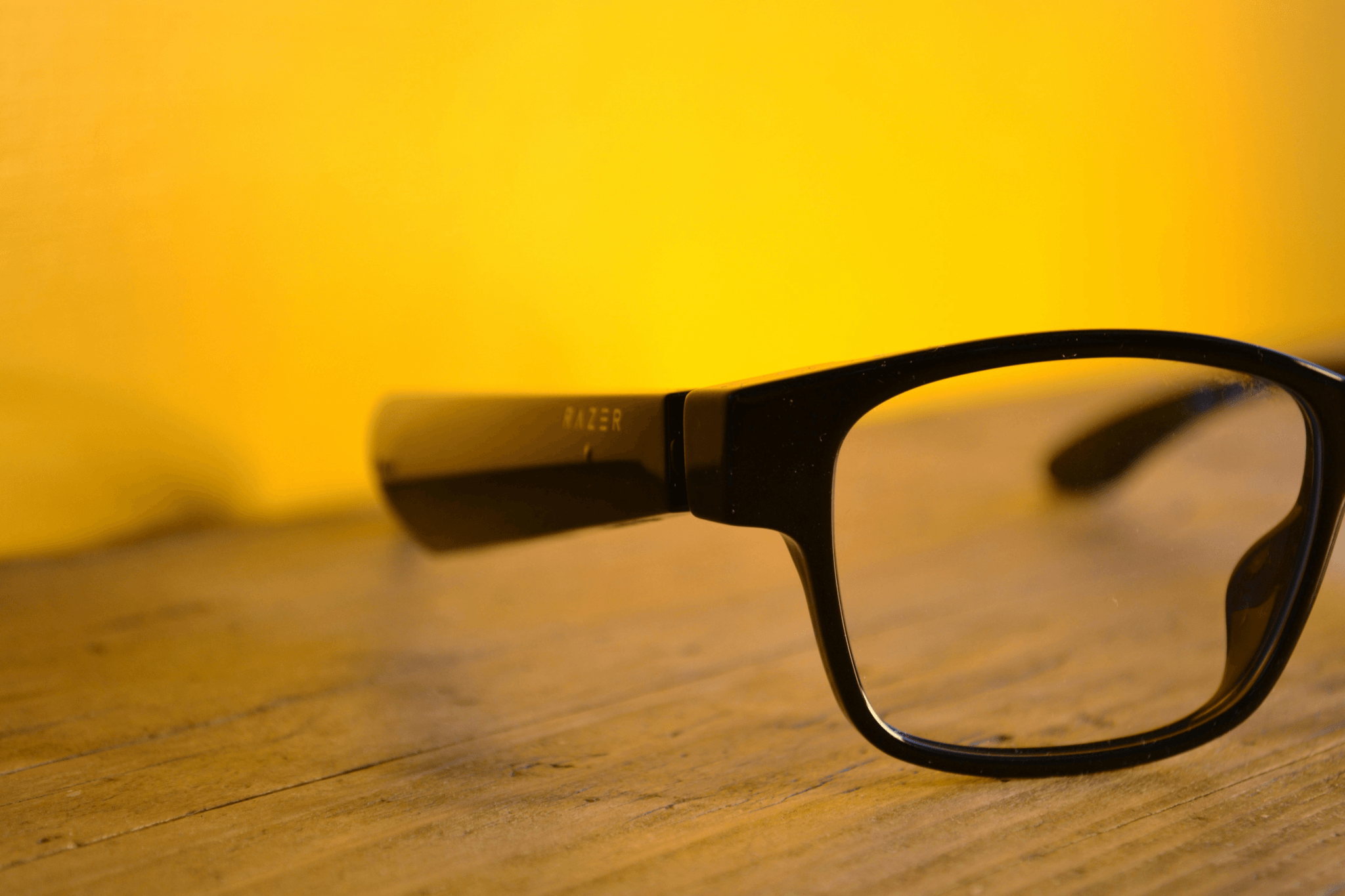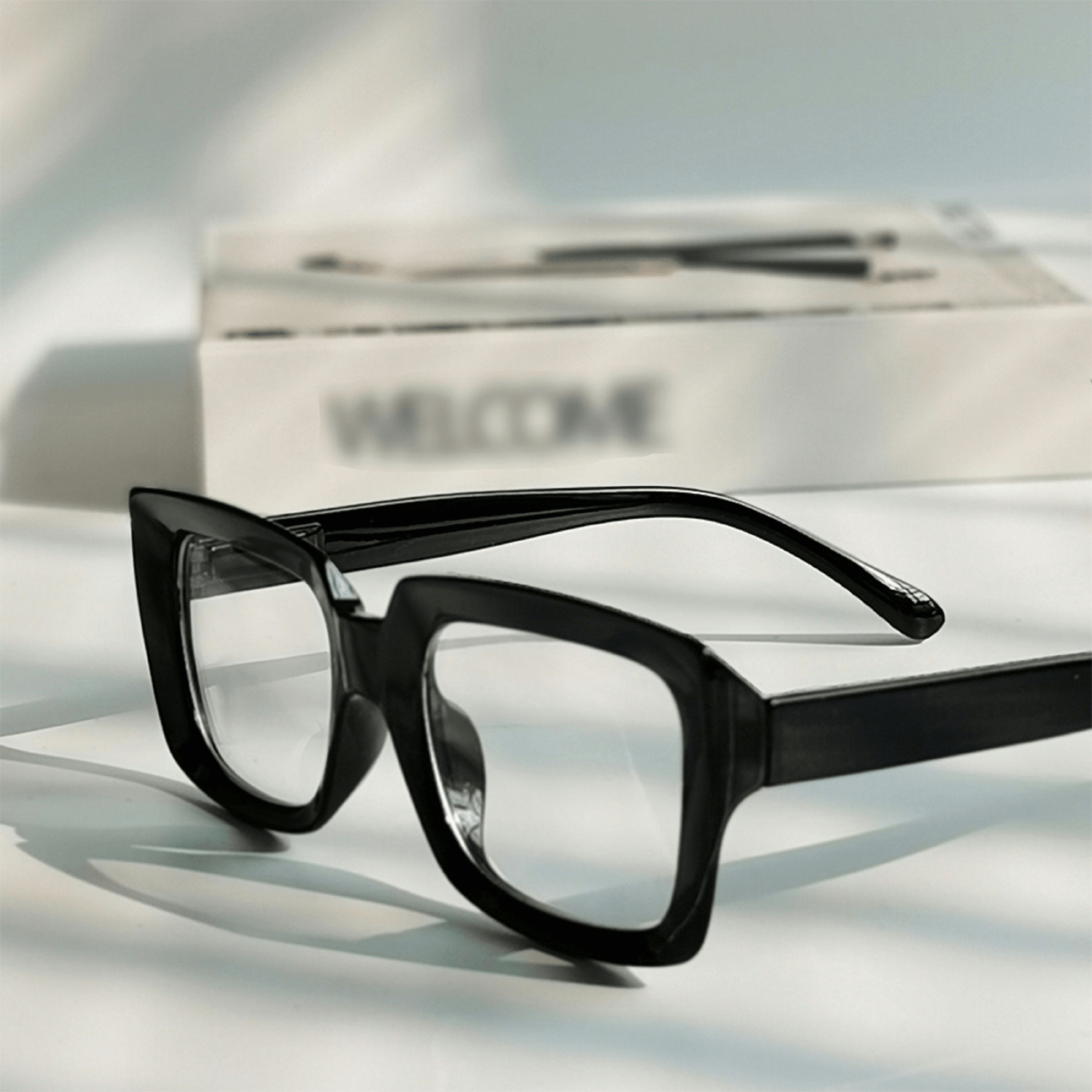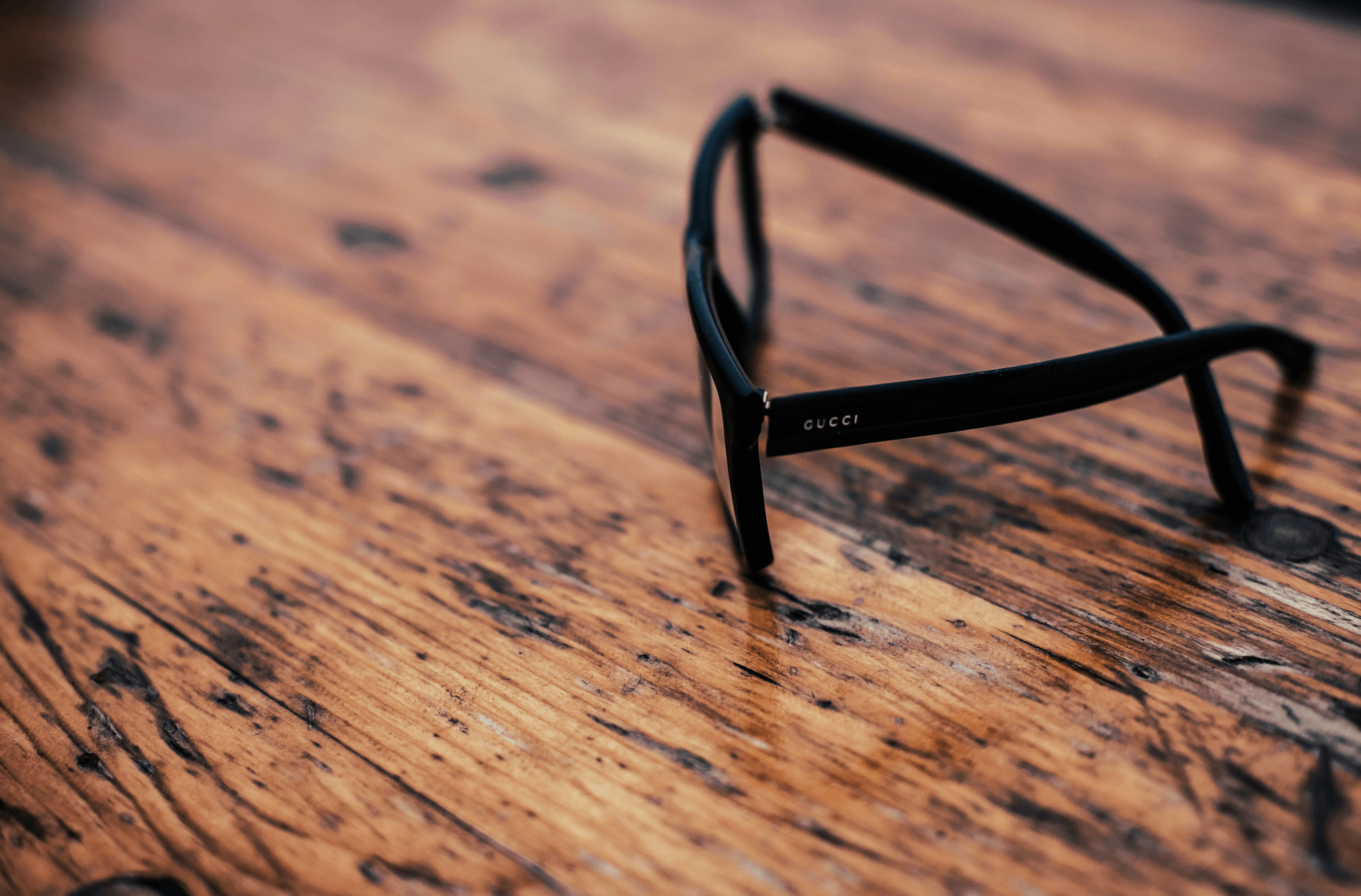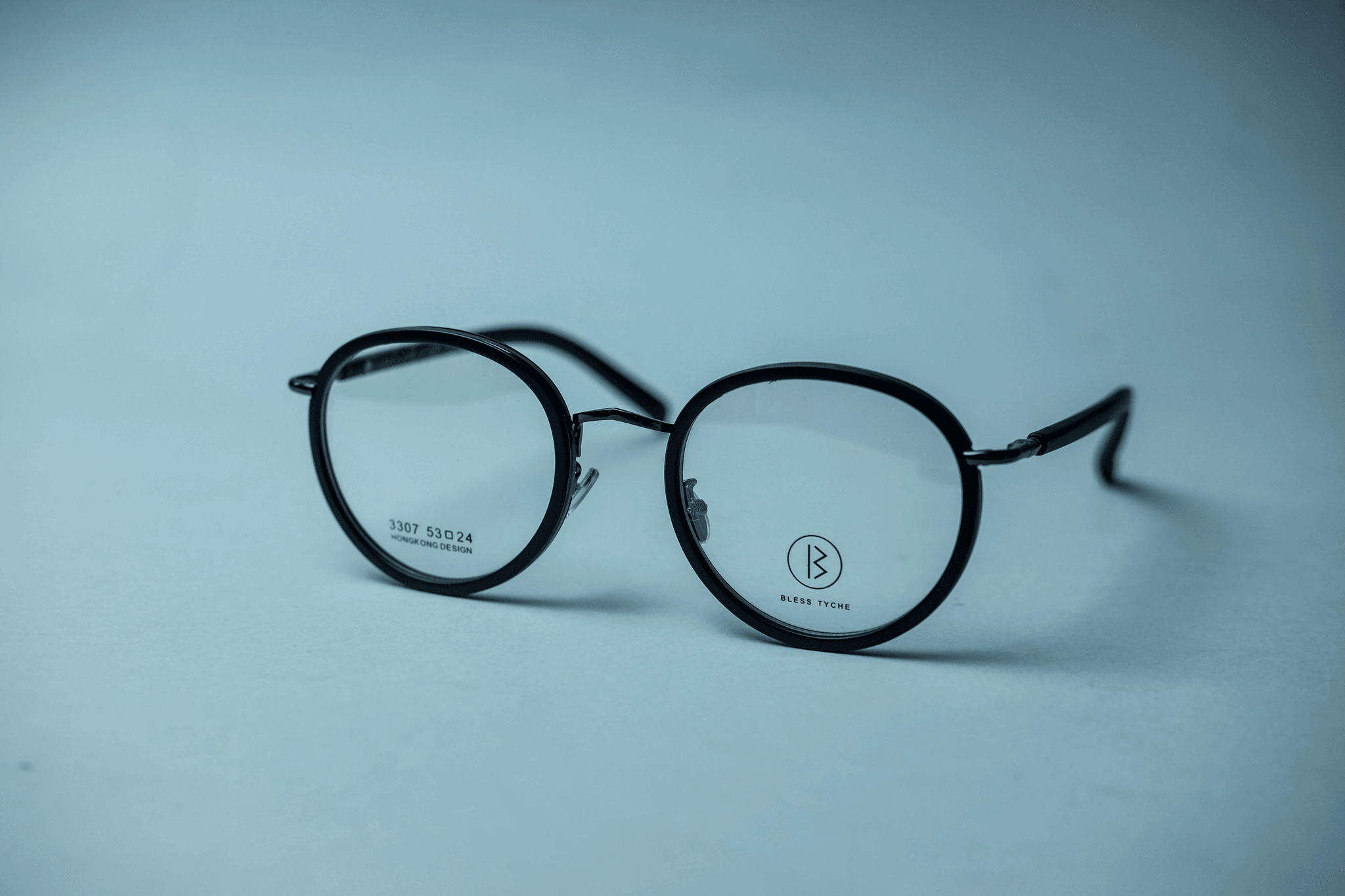Introduction

Choosing the right eyewear can be a delightful yet daunting task, especially when weighing the options between rimless glasses and full frame styles. Each type has its unique charm, offering different aesthetic appeals and practical benefits. Understanding these differences can help you make an informed choice that aligns with your personal style and comfort needs.
An Overview of Rimless and Full Frame Glasses
Rimless glasses are characterized by their minimalist design, featuring lenses that are not encased in a traditional frame. This sleek look has gained popularity among those who prefer a subtle yet sophisticated appearance. In contrast, full frame glasses boast a bold presence, providing not only style but also enhanced durability for everyday wear.
The Style Factor: Aesthetic Appeal
Rimless designs tend to create an illusion of floating lenses, which can be particularly flattering for various face shapes and sizes. However, full frames make a strong statement; they can accentuate facial features while allowing for more color and design variety.
Comfort and Fit: Which Wins?
Comfort is paramount when selecting eyewear, leading many to wonder which style wins—rimless or full frame? Rimless glasses generally offer lightweight wearability that many find appealing for long durations. However, some may question whether rimless glasses make you look older or younger; ultimately, fit plays a crucial role in how each style complements your appearance regardless of age considerations.
Pros of Rimless Glasses

Rimless glasses have carved out a niche in the eyewear market, often praised for their unique advantages. When considering rimless glasses vs full frame options, many find themselves drawn to the minimalist design and modern appeal of rimless frames. These glasses offer a distinct look that can elevate any outfit while providing essential vision correction.
Sleek and Modern Look
One of the most notable benefits of rimless glasses is their sleek and modern aesthetic. Unlike full-frame styles that can dominate your face, rimless designs create a subtle effect that enhances your features without overwhelming them. This contemporary vibe makes them particularly appealing to fashion-forward individuals who want to make a statement without being too flashy.
Lightweight and Comfortable Wear
Comfort is king when it comes to eyewear, and rimless glasses excel in this department. Their lightweight nature means you can wear them for hours without discomfort, making them ideal for daily use or long workdays at your desk. If you're someone who values comfort alongside style, choosing rimless over full-frame options might be the way to go.
Versatile for Different Face Shapes
Rimless glasses are incredibly versatile, making them suitable for various face shapes and sizes. Whether you have an angular jawline or soft features, these frames can be tailored to complement your unique facial structure perfectly. In contrast to full-rim styles that may not suit everyone equally well, rimless designs provide flexibility in fit and appearance—allowing anyone from trendsetters to professionals to find their perfect match.
As we explore the pros of rimless glasses further, it's essential to consider who should not wear rimless glasses and what type of person wears these stylish frames in everyday life. While they offer numerous benefits like style versatility and lightweight comfort, potential buyers should also weigh factors such as durability—what is the disadvantage of rimless?
Cons of Rimless Glasses

While rimless glasses have their undeniable appeal, they aren't without their drawbacks. Understanding the cons is essential for anyone weighing the options between rimless glasses vs full frame styles. Here, we’ll dive into some of the significant disadvantages associated with rimless frames.
Durability Concerns and Repairs
One of the primary concerns with rimless glasses is their durability. Unlike full frame options, which offer a sturdy structure, rimless glasses rely heavily on their lenses for support and can be more susceptible to breakage or damage. This fragility means that repairs can often be more complicated and costly; a simple lens replacement might require specialized attention to reattach it correctly to the frame.
Additionally, if you lead an active lifestyle or are prone to accidental mishaps, you might find that rimless glasses do not hold up as well under pressure compared to full-rim counterparts. When considering durability in your eyewear choices, it's essential to weigh how much wear and tear your frames will endure over time—especially if you’re someone who often finds themselves in adventurous situations.
Who Should Not Wear Rimless Glasses?
Rimless glasses may not be suitable for everyone; certain face shapes and personal styles can influence this decision significantly. For instance, individuals with rounder faces may find that full frame styles provide a better balance and definition than the minimalist approach of rimless designs. Additionally, those who require stronger prescriptions should consider how thicker lenses might appear within a rimless design—often leading to an unflattering look.
Moreover, if you work in environments where safety is paramount (think construction sites or laboratories), opting for more robust eyewear would be wise—rimless models simply don't provide the same level of protection as full-frame options do. Ultimately, evaluating your lifestyle alongside aesthetic preferences will help answer the question: Who should not wear rimless glasses?
What is the Disadvantage of Rimless?
The disadvantages of rimless glasses extend beyond just aesthetics; they also encompass practical considerations like maintenance and visual perception. One significant downside is that these frames can make lenses appear thicker at the edges due to their lack of support—this visual effect could contribute to concerns like whether do rimless glasses make you look older or younger? In contrast, full-rim designs tend to create a more uniform appearance.
Additionally, users may find themselves limited in terms of style flexibility when choosing accessories or outfits that complement such minimalist frames—a bold statement piece may clash rather than enhance your overall look! As we explore Full-Rim vs. Half-Rim vs. Rimless Glasses further along in this discussion, it’s crucial to remember these factors when making your decision about what type of person wears rimless glasses effectively.
In conclusion, while there are many advantages associated with wearing stylish and lightweight frames like these, being aware of their potential downsides ensures you'll make an informed choice tailored specifically for your needs!
The Allure of Full Frame Glasses

Classic Style and Bold Statements
Full frame glasses have an undeniable presence that rimless options often lack. They provide a bold statement, showcasing personality while framing the face beautifully. Whether you prefer a vintage-inspired design or something modern and chic, full frames can elevate any outfit and enhance your overall aesthetic appeal.
Enhanced Durability for Active Lifestyles
One significant advantage of full frame glasses is their enhanced durability, making them ideal for active lifestyles. Unlike rimless glasses, which can be more delicate due to their minimalist design, full frames are built to withstand daily wear and tear. This robustness is particularly beneficial for individuals who lead dynamic lives or participate in sports—those who may be wondering who should not wear rimless glasses might find that they’re better suited for sturdier options.
Do Rimless Glasses Make You Look Older or Younger?
The question of whether rimless glasses make you look older or younger often arises in discussions about eyewear choices. While some believe that the lightweight design of rimless styles can create a youthful appearance by emphasizing facial features without overwhelming them, others argue that full frames tend to convey confidence and maturity. Ultimately, it boils down to personal style; what type of person wears rimless glasses may prefer the subtlety they provide compared to the commanding presence of full frames.
Full-Rim vs. Half-Rim vs. Rimless Glasses

When it comes to choosing the right eyewear, understanding the distinctions between full-rim, half-rim, and rimless glasses is essential. Each style has its own unique characteristics that cater to different aesthetic preferences and functional needs. In this section, we’ll dive into these key differences, explore the best uses for each frame type, and identify who might prefer rimless glasses.
Key Differences Explained
Full-rim glasses feature a complete frame surrounding the lenses, providing a bold look that many find appealing. In contrast, half-rim glasses have a partial frame that gives them a lighter appearance while still offering some structure and durability. Rimless glasses take it a step further by eliminating the frame altogether around the lenses, resulting in an ultra-sleek design that emphasizes minimalism but may raise questions about durability—what is the disadvantage of rimless? The absence of a full frame can make them more susceptible to breakage compared to their full-rim counterparts.
Best Uses for Each Frame Type
Full-rim glasses are ideal for individuals with active lifestyles or those requiring robust eyewear that can withstand daily wear and tear. They also tend to suit people looking for a classic style that makes a statement—perfect for professional settings or formal occasions. Half-rim frames strike a balance between style and functionality; they work well in casual environments while still providing enough support for prescription lenses. Rimless glasses excel in situations where subtlety is key; they’re often favored by those who want their eyewear to blend seamlessly with their face without drawing too much attention.
What Type of Person Wears Rimless Glasses?
Rimless glasses appeal primarily to individuals who value understated elegance and modern aesthetics in their eyewear choices—these are typically fashion-forward folks who appreciate minimalist designs. However, it's crucial to consider who should not wear rimless glasses; people with high prescriptions may find them less suitable due to potential lens thickness or distortion at the edges. Additionally, if you're worried about whether rimless glasses make you look older or younger, know that they often lend an air of sophistication but might not provide as much visual weight as full-frame options do.
Finding Your Perfect Pair

Choosing the right eyewear can feel like navigating a maze, especially when weighing rimless glasses vs full frame options. Factors such as lifestyle, personal style, and face shape all play crucial roles in this decision-making process. Understanding your unique needs will help you find the perfect pair that enhances both vision and aesthetics.
Factors to Consider When Choosing
When selecting between rimless glasses and full frame options, consider your daily activities and how they might impact your choice. For instance, if you lead an active lifestyle, durability becomes paramount; hence, full frame glasses may be more suitable. Additionally, think about your face shape—certain styles complement specific features better than others—so don't hesitate to try on various options before making a decision.
Another important factor is prescription strength; higher prescriptions can sometimes benefit from the added support of full frames. If you're wondering who should not wear rimless glasses? Those with high prescriptions or active lifestyles might want to steer clear due to potential fragility and limited durability. Ultimately, knowing what works best for you will guide you toward the ideal eyewear choice.
Personal Style vs. Practicality
Finding a balance between personal style and practicality is essential when choosing eyewear. While rimless glasses offer a sleek look that many find attractive, they may not always be the most practical option for everyone—especially those who are hard on their frames or have specific vision needs. On the flip side, full frame glasses can make bold fashion statements while providing enhanced durability.
Consider how each style aligns with your personality: do you prefer understated elegance or eye-catching flair? It's also worth pondering whether rimless glasses make you look older or younger; some individuals feel that these minimalist frames lend a youthful appearance while others may disagree based on their unique facial features. Ultimately, choose what resonates with your style while keeping practicality in mind.
Expert Tips for Frame Selection
When it comes to selecting frames, expert advice can make all the difference—especially in the ongoing debate of rimless glasses vs full frame choices! First off, ensure that any selected pair fits comfortably without pinching or sliding down your nose; this is key for both aesthetic appeal and comfort throughout daily wear.
Next up: don’t shy away from experimenting with colors and shapes! Full-rim vs half-rim vs rimless glasses all provide different vibes; embrace what feels right but also consider how it complements your wardrobe and lifestyle needs. Lastly, consulting professionals at places like Daposi can elevate your experience—they are committed to bringing your vision to life by helping you navigate through styles tailored just for you!
Conclusion

In the stylish showdown of rimless glasses vs full frame, it’s clear that both options have their merits and drawbacks. While rimless glasses offer a sleek, modern aesthetic, full frames provide durability and a bold statement. Ultimately, the choice hinges on personal preference and lifestyle needs.
Weighing the Pros and Cons
When considering rimless glasses vs full frame options, it’s essential to weigh the pros and cons carefully. Rimless glasses are lightweight and versatile but may not be suitable for everyone—especially those who lead an active lifestyle or require robust eyewear. Additionally, one must ask: Who should not wear rimless glasses? Individuals with high prescriptions or those prone to dropping their eyewear might want to steer clear of this delicate option.
Making an Informed Choice
Making an informed choice requires understanding what is the disadvantage of rimless glasses compared to full frames. While they can enhance your style without overwhelming your face, they may also give off a more understated look that some might find less appealing. Remember that different frame types cater to various personalities; for instance, what type of person wears rimless glasses? Typically, those who prefer subtlety and sophistication will gravitate towards them.
Daposi's Commitment to Your Vision
At Daposi, we're passionate about bringing your vision to life—beyond eyewear and beyond expectations! 🌟 Whether you're leaning towards rimless or full-frame styles, we understand the importance of finding the perfect pair that reflects your unique personality while meeting practical needs. Our commitment extends beyond just providing stylish eyewear; we aim to support you in every step of your creative journey with our innovative designs and eco-friendly practices.
